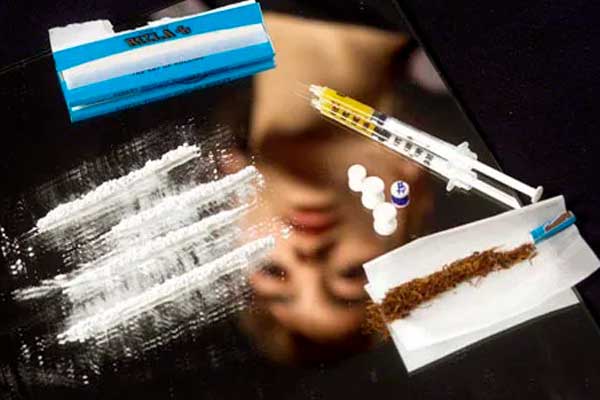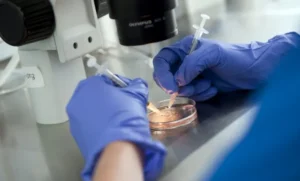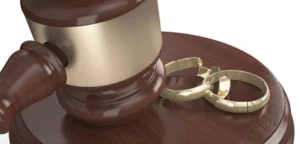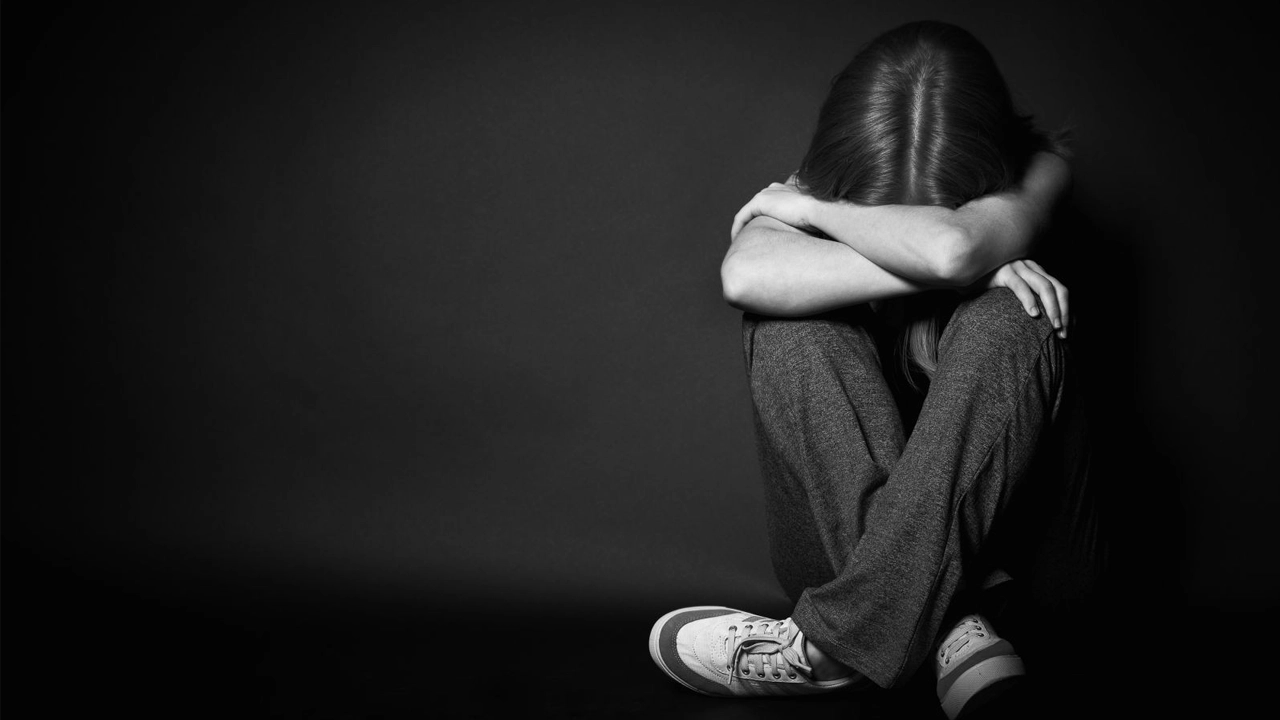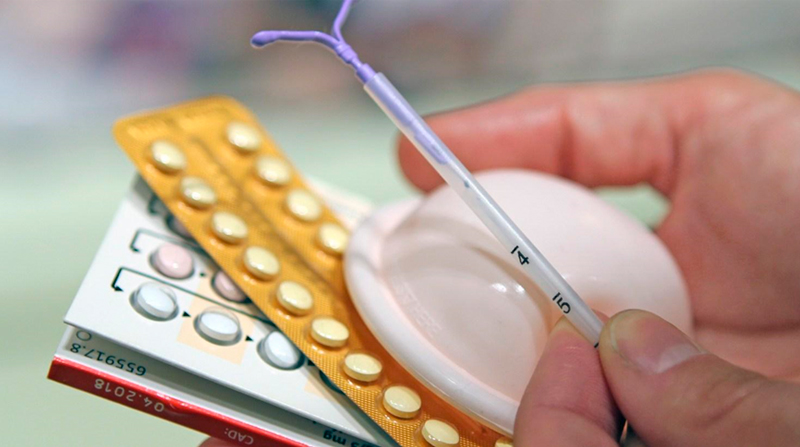Question:
I have several friends who use drugs; they say they don’t use heavy drugs but light ones and that it doesn’t do anything to them and they also say that some drugs are also used as medicine and nobody says anything. I have my doubts…and temptations. And so my question: is the use of drugs always a sin?
Answer:
The truth is that the term “drug” is applied both to narcotics or narcotic drugs (substances that produce a physical or psychological state in man that is subjectively pleasurable and that progressively leads to habituation and the subsequent need to be administered in increasingly doses each time) as well as all the medicines that exert effects on man’s sensitive and intellectual faculties. We can therefore speak of different “uses” of drugs, some licit and other seriously illicit.
1 – The therapeutic use of some drugs
Some drugs may have a pain-relieving effect; hence it is lawful to use them to when they tend to alleviate suffering that makes it very difficult, and sometimes unbearable, to cope with certain diseases. Such is the case with painkillers, anesthetics, those used for the cure of sleep, psychotropic drugs, etc. In any case, it is important to distinguish the moral problems according to the different types of drugs:
- There are drugs that are merely painkillers (they have no more effect than the suppression of pain, without interfering with the use of psychological awareness and without producing concomitant psychic effects). These usually do not present moral difficulties, because their pharmacological characteristics do not make them susceptible to abuse, and only the question which could be raised is in regard of the dosage which, if excessive, may be sought for the purpose of suicide.
- There are drugs which, with or without a painkiller effect, possess at the same time euphoric effects: opium and its natural and synthetic derivatives, coca and cocaine, etc.; hallucinatory (mescaline, LSD, marijuana and derivatives of Cannabis Indic, etc.); intoxicants (alcohol, ether, chloroform, nitrogen protoxide, etc.); hypnotics (barbiturates). All of these are drugs than can present serious moral implications, because it is easy to go from therapeutic use to abusive, especially with regard to the so-called narcotic drugs, as is the case with most of the euphoriant and hallucinatory drugs. Hence the responsibility of the physician, who should resort to these drugs (especially morphine, which has the greatest painkilling power) only in cases of urgency (for example, acute colic) and only if other painkillers have already failed. It is even prudent for it to be administered without the patient knowing what medicine it is, and only in incurable and very painful diseases can it be administered more extensively. Strict control of prescriptions must always be maintained to nip in the bud any attempt at illicit trafficking for non-therapeutic purposes.
2 – The use of drugs for non-therapeutic purposes
Drugs can have other uses: forensic, stimulant, pleasurable, etc.; in these cases we must distinguish:
- Possible forensic use. Some drugs (mainly barbiturates) are capable of producing a “twilight” state, leading to disinhibition of the self and the abolition of moral censorship. For this reason, they are commonly referred to as “truth serum” (which is actually an imprecise name). What does this mean? Can one use these drugs in order to obtain information from suspected criminals? These procedures are immoral and should be rejected in serious forensic practice; they violate the natural and acquired rights of the defendant (right to freedom of confession, right to not accuse oneself, right to reputation, even if only apparent or false, etc.). They also easily lead to a neglect of duty on the part of experts and magistrates, and are an inadequate means of obtaining an objective and truthful confession (because some people can conceal reality even under the effect of these drugs), and other times, it is possible to reveal as completed facts things that in reality are repressed desires or fantastic dreams. I clarify that some moralists allow this forensic use of drugs with the consent of the subject; for others it would not be licit even under these conditions.
- Stimulant use. Sometimes they can be used for stimulant purposes (to increase work capacity, physical performance, etc.). The problem in this case is a delicate one, because of the various circumstances that may influence morality. Thus, for example, the use of light drugs, which offer no danger no danger of establishing a true drug addiction, and which have entered into the customs of almost all peoples, is ordinarily admitted by all: such is the case of coffee, tea, tobacco, alcohol in moderate quantity, etc. Only the abuse of these products presents moral difficulties. However, the stimulant use of more active drugs offers serious reservations because it involves or may involve serious sins of temperance, prudence, and justice. In some cases, as with the use of drugs in sports, loyalty is also a factor, not only in relation to competitors, who must abstain from drugs, but also because it violates sporting regulations, which now usually include an express prohibition of drug use.
- Experimental use or use out of curiosity. As regards the use of drugs out of curiosity, spirit of adventure, desire for originality, etc., even if it is completely sporadic, one must take into account the possibility of contracting drug addiction, and consequently the serious and not proportionate danger to which one exposes himself who uses these drugs for superficial purposes, or to get out of a depression, to stand out in society, etc. Ordinarily, there is also the risk of incurring sins of lust, not only because of the aphrodisiac effect of some drugs, but also because of the dulling of conscience they produce.
3 – Abuse and drug addiction
The name of drug addiction is generally given to the state of periodic or chronic intoxication, harmful to the individual and to society, which has been engendered by the repeated consummation of a natural or synthetic drug. If we bear in mind that its characteristics are an invincible desire to continue taking the drug and to obtain it by any means, a tendency to increase the dose, and a psychological and sometimes physical slavery to the effects of the drug, we will understand the very serious moral repercussions of these situations. Aside from the very serious damage they cause to physical health, drug addiction can be linked to any kind of sin, since the drug addict will not hesitate to commit it if it can make it easier for him to obtain the drug. To this must be added the moral damage it causes to the family and society.
Moreover, its characteristics make spiritual help very difficult, if a medical and psychological detoxification cure is not established in parallel and faithfully.
For these reasons, in this field, as the saying goings, it is easier to prevent than to cure. To prevent either through spiritual advice reminding doctors, pharmacists, etc., of their duties regarding the administration, control and sale of narcotics, or in general to potential candidates for drug addiction: usually men and women who are off-center, with an irregular and superficial life, or sick people who have undergone continuous treatment with narcotic drugs, or young people who frequent bad environments and bad friendships.
Drug addiction is often a terrible dead-end street.
Fr. Miguel A. Fuentes, IVE
Bibliography:
- Miguel Ángel Fuentes, La cultura de la droga, in: “Droga vs. Vida. No renuncies a tu libertad” (Brochure made by Miguel Ángel Fuentes for the “1° Congreso Nacional de Jóvenes sobre Drogadicción”, Secretaría de Gobierno de la Municipalidad de San Rafael, EVE, San Rafael 1998);
- J.L. Soria Saiz, Drogas, Gran Enciclopedia Rialp, Madrid 1989, t. VIII;
- Alonso Fernández, Toxicomanías, Gran Enciclopedia Rialp, Madrid 1989, t. XXII.
- Pontificio Consejo para la Familia, Droga: de la desesperación a la esperanza, 5 de agosto de 1982.
Original Post: Here
Other Posts: Do contraceptives have side effects?

